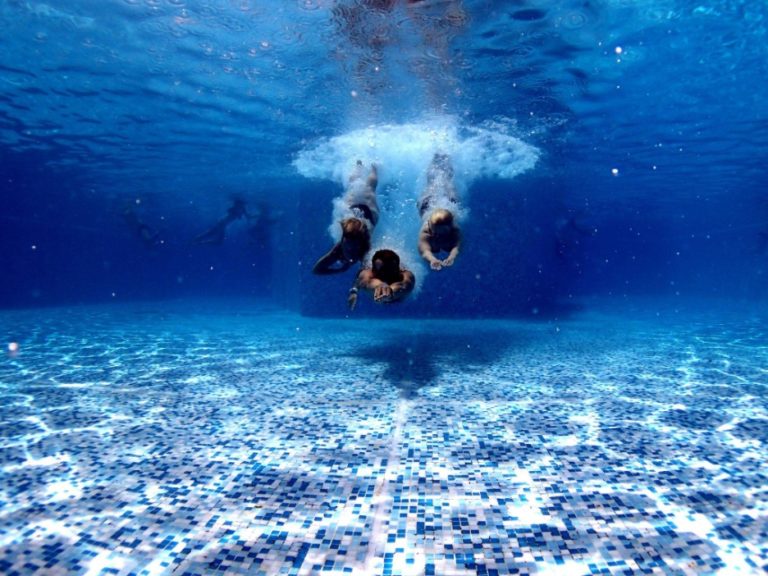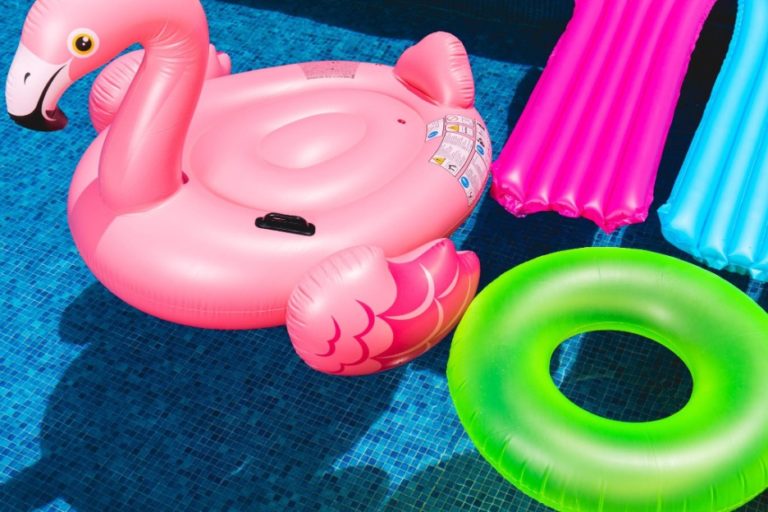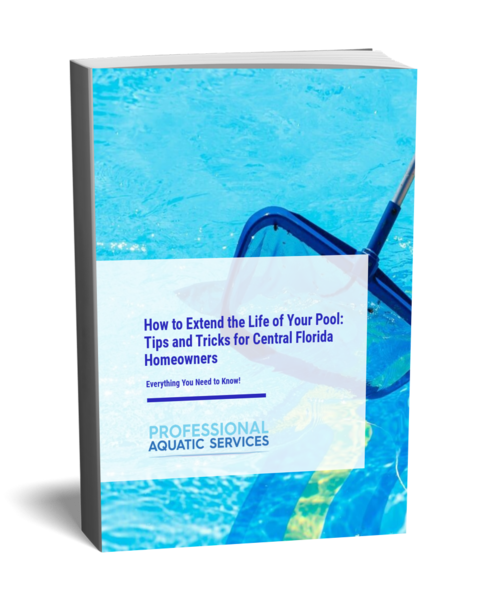Pools can be a little complex to understand, just like any other piece of machinery (which is why we have experts!). However, as a pool owner it’s important that you have at least a basic understanding of your system, your equipment options, and the function and needs of the machinery. One of the crucial components of a swimming pool is the pool filter. Any pool renovation company worth its salt values the education of its customers and we are no exception.

If you live in Florida, chances are you don’t drink tap water. Which means you drink filtered water. To get rid of that chlorine/chemical-like taste – and more importantly, the bacteria and chemicals that cause that tap water taste – our drinking water is filtered whether that’s commercially or through our own home equipment (sink filters, Brittas, etc). Your pool filter acts in the same way, its job is to clean dirty water and catch dirt, debris, and create the clean crystal-like water you’re used to. This isn’t just comfort or cosmetic function – it’s crucial for safe swimming as well.
Just as there are different ways of filtering our drinking water, there are different kinds of pool filters available for inground pools; three different kinds to be specific. You’ve got a choice between a sand filter, a cartridge filter, and a D.E. filter. The one you choose will depend on a couple of different factors such as budget, maintenance requirements, local building codes, efficiency, and space.
Table of Contents
ToggleThe Classic: Sand Filters
The sand filter is the oldest – and cheapest – around. Pool equipment installation can be intimidating for homeowners, and sand filters can be a welcome reprieve from this. Special (as in specific to the pool industry) sand goes into the filter and catches debris that’s large enough to get caught in the sand. They’re popular, cost-effective, and easy to find filters. They are also remarkably low maintenance. The sand only needs to be replaced about every 5-7 years, and in order to clean one, you simply run a backwash cycle by connecting a discharge hose that will reverse the flow of water and expel the dirt and debris through the hose and out of the filter.

However, the sand filter sacrifices efficiency. Though a sand filter can filter out particles as small as 20 microns (due to the specialized small grains of sand), other filtration systems can filter out smaller particles. It also is higher on maintenance than other systems. Though backwashing is easy and doesn’t require calling a professional, it requires frequent care, lowers pool water, and is relatively high effort. When it comes to advantages, sand filters hold a cost advantage.
Cartridge Filters
A cartridge filter uses cloth like material (usually made with polyester) to filter water as it passes through. Cartridge filters are a middle ground between efficient and economical. They are also super low maintenance. The cloth filter will last you around 5 years and will run at about $30-$100, so it’s a relatively low investment. As far as maintenance effort and frequency, you only need to commit to 2-3 annual rinses. Finally, the efficiency also beats the sand filter, as it traps debris as small as 5 microns.
Cartridge filters are slightly more expensive than sand filters, but make up for them in efficiency and ease of use.
D.E. Filters
DE stands for Diatomaceous Earth which is a naturally occurring type of sedimentary rock made from fossilized algae. These filters are the top of the line when it comes to efficiency, clocking in at a capacity of removing particles 2-3 microns in size, far outweighing sand or cartridge filters. However, the increased efficiency doesn’t come without its sacrifices as these require a little more maintenance and investment than the other filters do.
D.E. Filters are the most expensive out of the three different types of filters, require frequent replacement of the D.E. material, and require frequent backwashing and more maintenance than sand or cartridge filters. There is a possibility of having to call a swimming pool electrician or pool restoration company more often than with other filter types. If your priority is efficiency, D.E. filters are the right choice for you. However, if frequent maintenance and a higher cost scare you, you may want to go for the other kind of filters.
So What Pool Filter Is Right For You?
When it comes down to it, all three filters are a decent choice. The right choice for you depends on your priorities and your unique situation. Some value efficiency above all, some value the lowest cost, and some want a balance between both. Whatever filter you choose, make sure to do your research, and consult a pool remodeling company or a pool resurfacing company to make sure you make the best choice for you and your pool. Pool equipment repair costs can be intimidating and add up, but can often be worth it based on the increased efficiency, so it’s important to balance your priorities.
Whatever filter you choose, rest assured that when it comes to swimming pool renovation and pool repair in Orlando, we’ve got your back, and would be happy to discuss your filter options with you.

